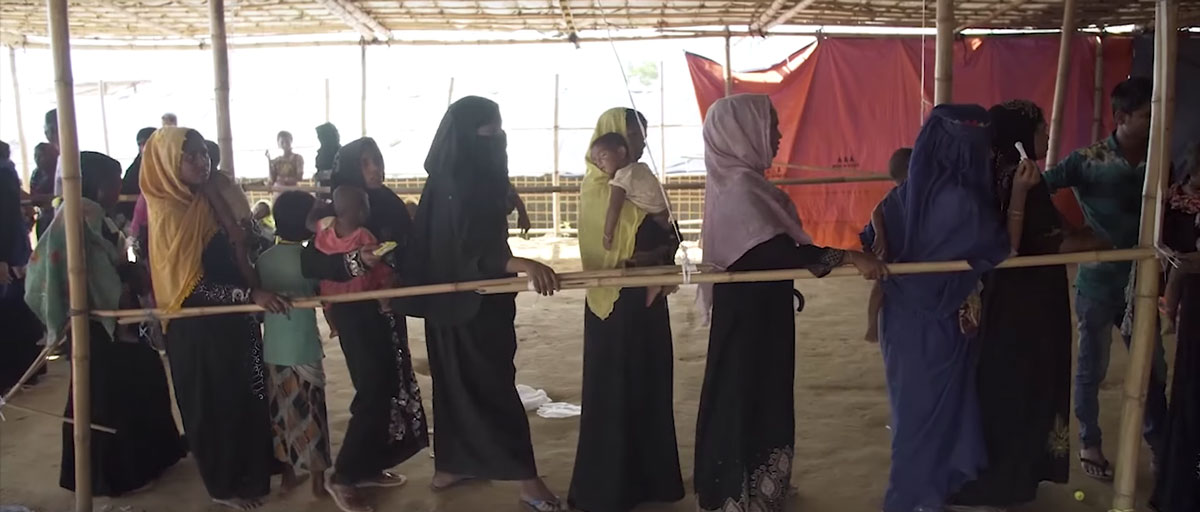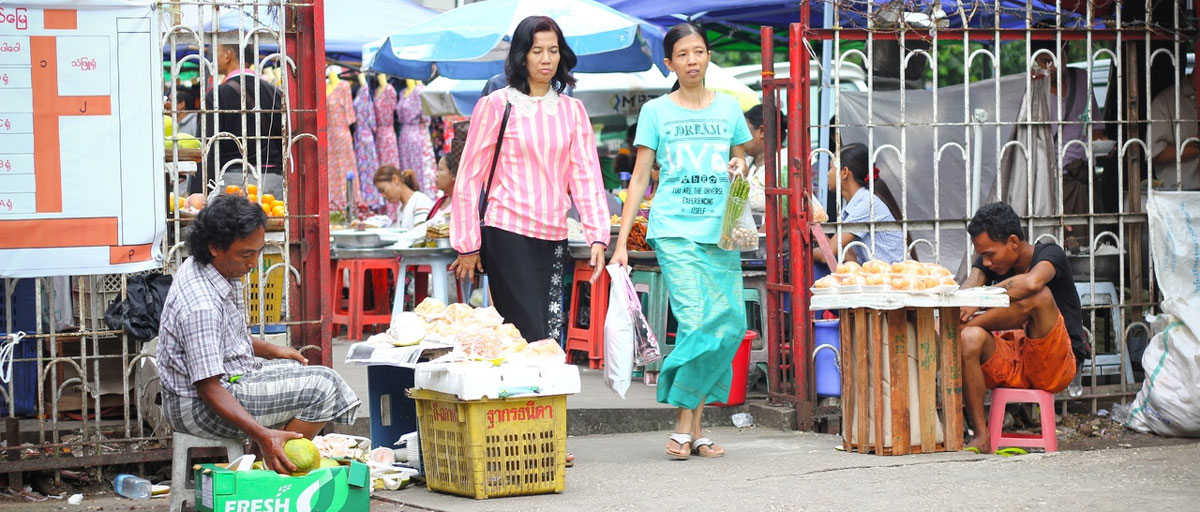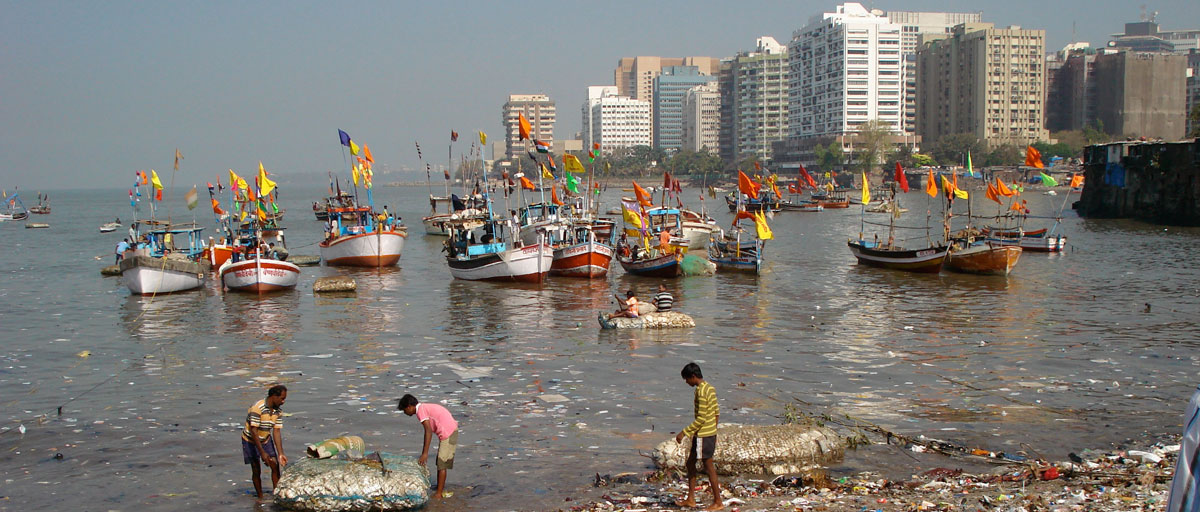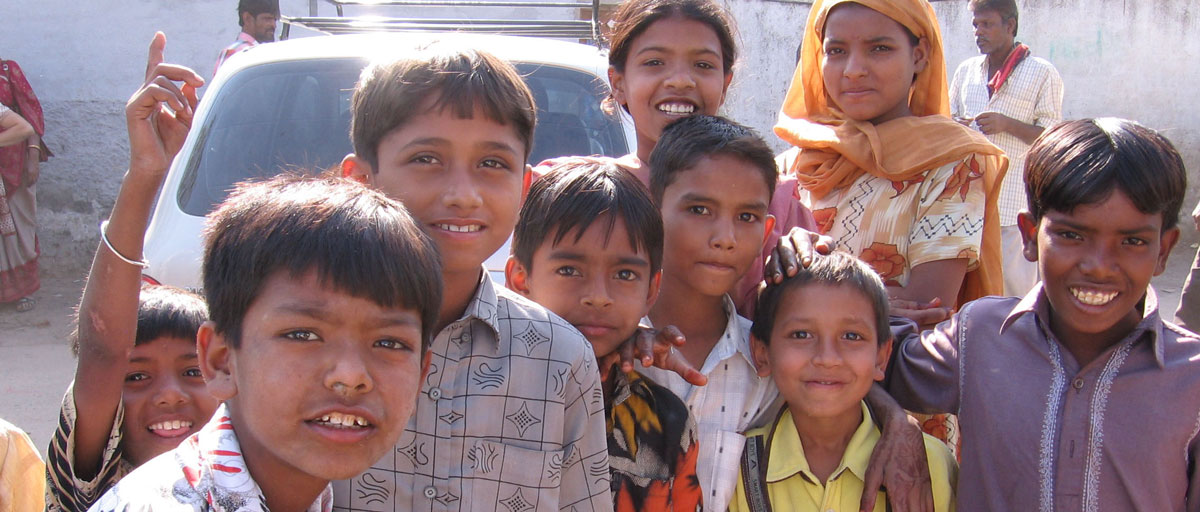
How can we do development differently? In a series of deep dives, centre researchers and partners will explain emerging concepts within sustainability science that are crucial in order to understand rapid global environmental change caused by humans, and to assess potential solutions. Photo: A. Löf/Azote
Bildtext får vara max två rader text. Hela texten ska högerjusteras om den bara ska innehålla fotobyline! Photo: B. Christensen/Azote
RESILIENCE AND DEVELOPMENT
The journey from theory to practice
The fourth in a series of seven "deep dives" looking into the connections between resilience and development
Text
This deep-dive provides an overview of how resilience thinking can be useful in practice. That practice includes participatory processes for the assessment of system dynamics, identifying influence points and actions in the context of those system dynamics and implementing strategic actions that can contribute to steering a system towards more sustainable trajectories.
A conversation on gender, development and complexity
Michele Dyer
Postdoctoral researcher, Stockholm Resilience Centre
Ncedisa Nkonyeni
Project manager, Bertha Centre for Social Innovation & Entrepreneurship & Graduate School of Business, University of Cape Town
Dyer and Nkonyeni reflect on how difficult it is to step outside of our own thinking patterns in order to take on the risk of transformative change. In an exploration of broader social movements around gender, they share how systems thinking can help individuals and collectives to feel empowered, and to find new ways to understand problems and in doing so, see different kinds of solutions.
The evolution of resilience assessment
Allyson Quinlan
Senior Research Fellow, Resilience Alliance
'Transformations to sustainability' sound hopeful and exciting, however they are also long, challenging, and if you are deliberately trying to undertake one, you may be met with resistance at different points in the process. Bringing together lessons learned from a multitude of studies across different sectors and continents, Michele-Lee shares ideas about the different phases of transformation processes and the actions that humans can take within those phases to support transformative change processes.
Wayfinder: A next generation guide to resilience assessment
Elin Enfors-Kautsky
Researcher, Stockholm Resilience Centre
In order to ensure that resilience assessments not only help people to evaluate the social and ecological components of a system, but also ensure the process leads to adaptive or transformative actions on the ground, here we introduce Wayfinder. Bringing together the Stockholm Resilience Centre’s latest thinking on assessment and processes for change, the trailer touches on the key components of this new guide which is now free and available for you to use.
Practitioner reflection: Resilience thinking from the field
Paul Ryan
Resilience Practitioner, GRAID, Stockholm Resilience Centre
Raquibul Amin
Country Representative, Bangladesh Country Office, International Union for Conservation of Nature (IUCN)
Raquibul Amin has extensive experience in applying resilience theory over several years, and is very familiar with the realities of making such attempts in areas with constant surprises, resource constraints, and complex starting conditions. Amin shares his reflections and the ‘Resilience Analyzers’ Tool, which he applied in coastal mangrove areas of Bangladesh in the Mangroves for the Future programme. Amin then goes on to share the potential of resilience thinking in highly uncertain and unexpected circumstances, highlighting the work on elephant conservation that has been conducted in and around Rohingya refugee camps that have been established in Bangladesh.
Explore more deep dives
Deep dive 1: The new context for development and why it matters
Deep dive 2: Taking action in a complex world
Deep dive 3: Transformation and rethinking development practice
Deep dive 5: Our intertwined planet: New understandings for development
Deep dive 6: Why global perspectives matters for local development
Deep dive 7: Reimagining development practice
- Deep dive 1: The new context for development and why it matters
- Deep dive 2: Taking action in a complex world
- Deep dive 3: Transformation and rethinking development practice
- Deep dive 5: Our intertwined planet: New understandings for development
- Deep dive 6: Why global perspectives matters for local development
- Deep dive 7: Reimagining development practice

Learn more about how to apply resilience thinking with Wayfinder, an online platform for resilience assessments, representing a major innovation in resilience practice.









